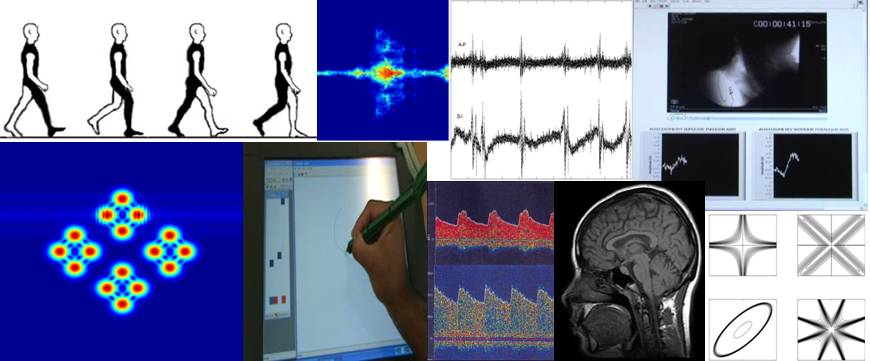The effects of increased fluid viscosity on stationary characteristics of EEG signal in healthy adults
September 24, 2014
Electroencephalography (EEG) systems can enable us to study cerebral activation patterns during performance of swallowing tasks and possibly infer about the nature of abnormal neurological conditions causing swallowing difficulties. While it is well known that EEG signals are non-stationary, there are still open questions regarding the stationarity of EEG during swallowing activities and how the EEG stationarity is affected by different viscosities of the fluids that are swallowed by subjects during these swallowing activities. In the present study, we investigated the EEG signal collected during swallowing tasks by collecting data from 55 healthy adults (ages 18-65). Each task involved the deliberate swallowing of boluses of fluids of different viscosities. Using time-frequency tests with surrogates, we showed that the EEG during swallowing tasks could be considered non-stationary. Furthermore, the statistical tests and linear regression showed that the parameters of fluid viscosity, sex, and different brain regions significantly influenced the index of non-stationarity values. Therefore, these parameters should be considered in future investigations which use EEG during swallowing activities.
This material is presented to ensure timely dissemination of scholarly and technical work. Copyright and all rights therein are retained by authors or by other copyright holders. All persons copying this information are expected to adhere to the terms and constraints invoked by each author’s copyright. In most cases, these works may not be reposted without the explicit permission of the copyright holder.



